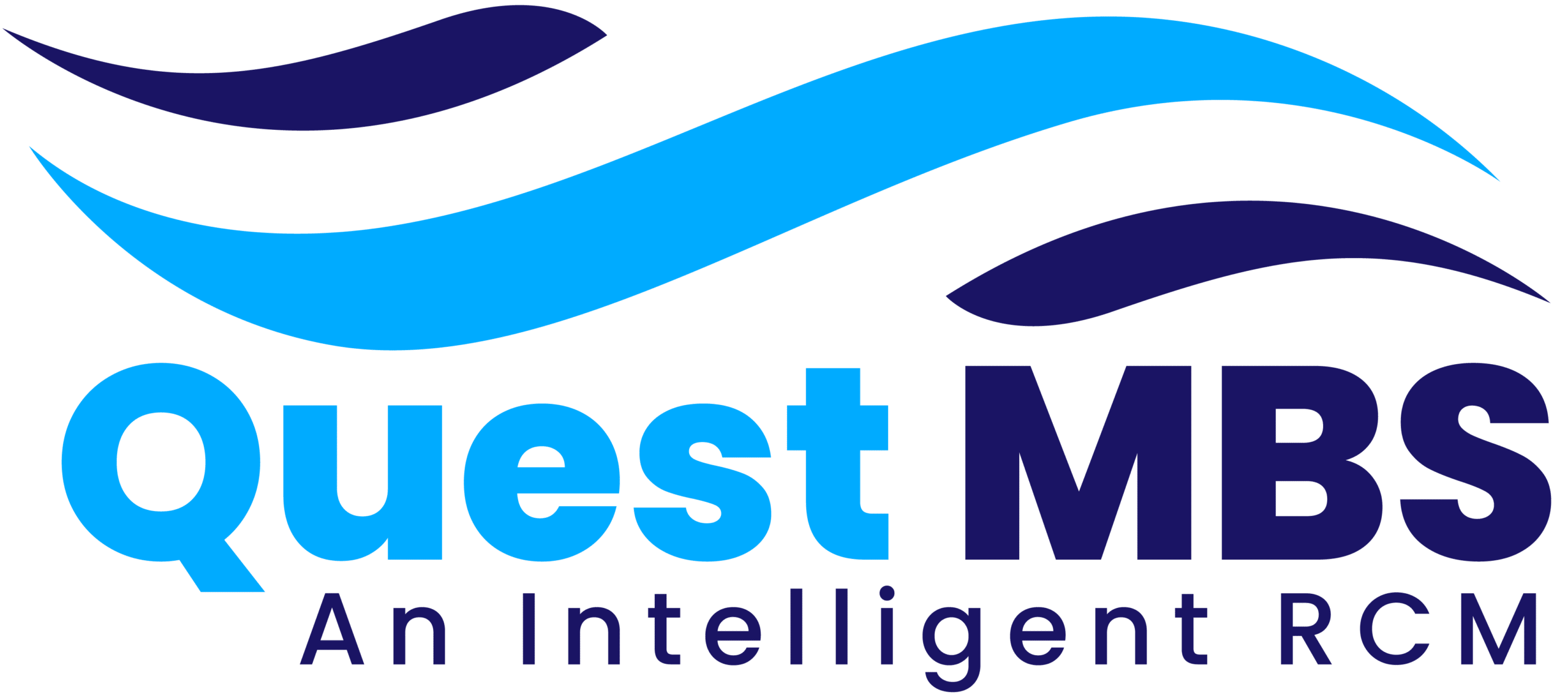Introduction to Medicare Billing:
Medicare billing can be a complex and often intimidating process for healthcare providers. With strict rules, evolving reimbursement models, and high claim denial rates, understanding the ins and outs of Medicare billing is essential to maintain compliance and optimize reimbursements. By following best practices and leveraging modern billing technology, providers can minimize errors, reduce administrative workload, and improve their revenue cycle performance. The following tips will help you navigate Medicare billing more effectively and ensure your claims are processed accurately and efficiently.
Verify Patient Eligibility Before Every Visit:
One of the most common causes of claim denials is incorrect or outdated patient eligibility information. Always check Medicare eligibility before each patient encounter to confirm their coverage, benefits, deductibles, and secondary insurance, if applicable. Modern billing tools allow for real-time eligibility verification, ensuring providers bill the right payer with the right information. This step prevents billing delays and helps providers avoid unnecessary write-offs.
Use Accurate and Updated Codes:
Medicare requires the most current CPT, HCPCS, and ICD-10 codes for claims to be processed without rejections. Ensure that your billing and coding teams are using up-to-date code sets and applying them correctly based on documentation. Investing in billing software with automatic code updates and built-in compliance checks can significantly reduce coding errors and improve clean claim submission rates. Accurate coding not only ensures compliance but also maximizes reimbursement.
Capture Charges in Real Time:
Delays in charge capture can lead to missed billing opportunities and disjointed patient records. Use mobile-enabled charge capture tools that allow providers to record services immediately at the point of care. These tools integrate directly with the EHR and billing systems, minimizing data entry errors and enabling faster claim generation. Real-time charge capture improves billing turnaround and helps prevent revenue leakage.
Scrub Claims Before Submission:
Claim scrubbing is the process of reviewing and correcting claims before they are submitted to payers. This is crucial for Medicare billing, where even minor errors can result in denials. Use intelligent claim scrubbing tools that flag missing information, incorrect codes, and formatting issues. Automated scrubbing software helps eliminate rework and increases the likelihood of first-pass claim acceptance.
Understand Medicare’s Local and National Coverage Determinations:
Coverage policies for Medicare can vary based on geographic location and service type. Local Coverage Determinations (LCDs) and National Coverage Determinations (NCDs) dictate whether a service is considered medically necessary and billable under Medicare. Make sure your coding and documentation align with these policies to avoid denials. Billing platforms with built-in payer rules engines can help verify medical necessity before claim submission.
Track and Manage Denials Proactively:
Even with best practices in place, Medicare denials can still occur. It’s essential to have a denial management system in place that identifies root causes, categorizes denials, and provides recommended resolutions. Use billing software with denial tracking capabilities and automated appeals workflows to ensure timely follow-up and minimize lost revenue. Analyzing denial trends also helps you improve upstream processes.
Implement Automated Workflows:
Manual billing processes are not only time-consuming but also prone to errors. Automated workflows streamline repetitive tasks such as eligibility checks, claim creation, payment posting, and patient balance notifications. These workflows reduce administrative burden and free up staff to focus on higher-level revenue cycle tasks. Automation also speeds up claim submission, resulting in faster payments.
Stay Updated on Medicare Policy Changes:
Medicare billing regulations are constantly evolving. From updates to fee schedules to changes in documentation requirements, staying current with Medicare guidelines is critical. Subscribe to CMS updates and attend webinars or training sessions to stay informed. Partnering with a billing service that proactively incorporates policy changes into its platform can help you stay ahead of compliance challenges.
Use Analytics to Monitor Performance:
Data-driven insights are essential for optimizing Medicare billing. Use billing analytics dashboards to monitor key performance indicators such as denial rates, days in A/R, and reimbursement trends. These metrics help identify inefficiencies and highlight areas for improvement. Predictive analytics tools can even forecast cash flow and help manage payer behavior, improving your financial planning capabilities.
Offer Transparent Patient Billing and Payment Options:
Although Medicare typically pays a significant portion of the bill, patients are still responsible for deductibles, coinsurance, and non-covered services. Make the billing process more transparent by providing patient estimators that give accurate out-of-pocket cost projections. Use digital payment tools that allow patients to pay online or set up payment plans. Improving the patient financial experience can increase collection rates and reduce billing inquiries.
Outsource to Medicare Billing Experts When Needed:
If managing Medicare billing in-house becomes too resource-intensive or error-prone, consider outsourcing to a professional medical billing service with Medicare expertise. These teams have experience navigating Medicare’s complex billing rules and can handle claim submission, denial follow-up, appeals, and compliance audits. Outsourcing reduces overhead costs, improves accuracy, and allows providers to focus on clinical care instead of administrative burdens.







